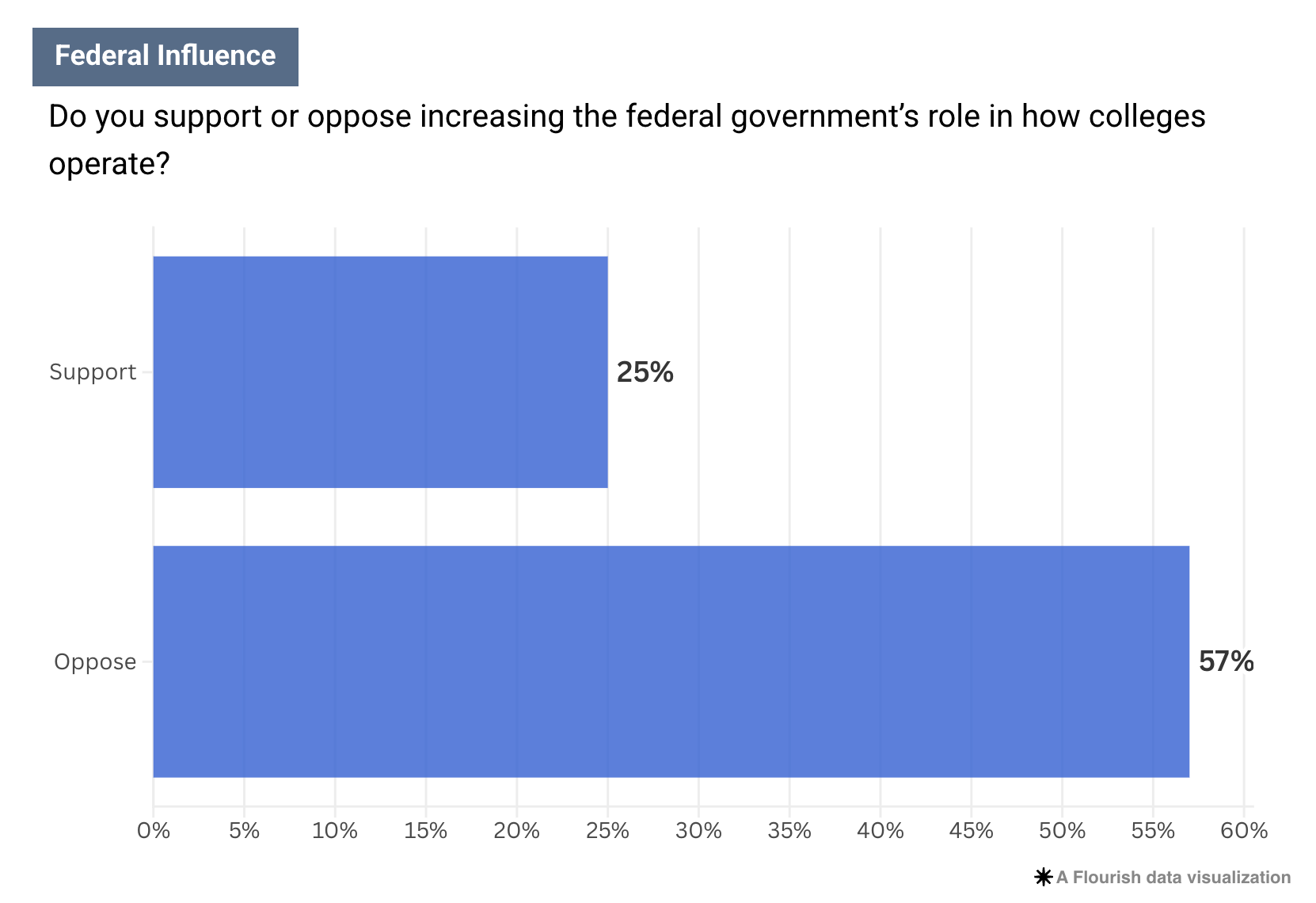DHS Expands Biometric Entry-Exit, CBP to Photograph All Noncitizens at US Borders
For years, there has been ongoing discussion about the fact that the US has lacked a fully functional biometric entry/exit system — a gap that has contributed to the frequent misrepresentation of visa overstay rates. Without a complete biometric process, the government has been unable to accurately track the entries and departures of non-citizens.
That is about to change. Effective December 26, 2026, the US will begin implementing a comprehensive biometric system designed to photograph and track every non-citizen entering or leaving the country. For international students, this means they should now expect to have their photos taken upon both entry and exit.
CBP and the Department of Homeland Security (DHS) call it an “operational modernization.” Civil-liberties groups call it a sweeping expansion of government surveillance. Regardless of the label, it completes the long-delayed “biometric entry-exit” system Congress first ordered in 1996 and repeatedly demanded after September 11.
Get the full story on BiometricUpdate.com >
AAU Joins Lawsuit Challenging $100,000 Fee on Certain H-1B Visa Petitions
While we received good news last week exempting most international students from the H-1B $100K fee, the rule itself continues to face legal challenges. The U.S. Chamber of Commerce, now joined by the Association of American Universities (AAU), has filed suit arguing that the new fee is unlawful, claiming it violates the Immigration and Nationality Act, exceeds presidential authority, and harms American businesses, particularly small companies, universities, and start-ups.
In a statement explaining why AAU joined the lawsuit, AAU President Barbara R. Snyder said that the fee hurts American colleges and universities that “hire H-1B workers to teach our students, drive cutting-edge technological and scientific research that benefits the nation and our economy, and offer top-notch medical care to all Americans.”
Learn more on the AAU website >
President Crow Says Signing Higher Education Compact Is Not ‘Viable’
We found this article to be an interesting read regarding the education compact that the administration is encouraging universities to sign onto. To date, no university has publicly announced that it has signed the agreement, though there are reports that many institutions remain open to discussions. What makes this piece particularly noteworthy is that it includes perspectives from universities, state legislators, and students — with the majority expressing opposition to the compact.
From one student - “Universities have been places where the true meaning of democracy and the true meaning of the people and protests have really shined through,” Nguyen said.
Read more from The State Press >
Inside the Findings: The Public Wants Colleges to Retain Their Autonomy
Last week, the Higher Education Compact Poll conducted by Quinnipiac University was shared exclusively with The Chronicle of Higher Education. The poll explored views on the administration’s proposed Higher Education Compact, with many respondents expressing concerns about federal overreach and potential impacts on university autonomy. While some supported the idea of shared accountability, a majority voiced reservations about the compact’s scope and implementation, highlighting ongoing tensions between federal oversight and institutional independence.


